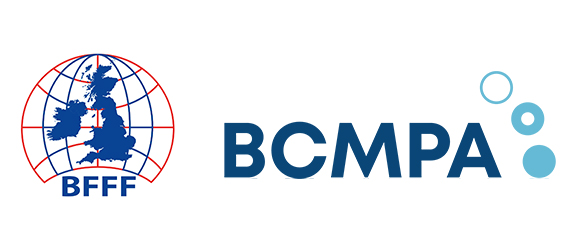Meadow Vale Foods launches two new Japanese style Chicken products to meet increased demand
Meadow Vale Foods launches two new Japanese style Chicken products to meet increased demand
 Japanese food has quickly risen to be the most popular Asian cuisine in the UK with the number of Japanese eateries rising by 67%. Meadow Vale Foods new product development team saw this growing food trend and developed two exciting new offering caterers fantastic tasting, convenient products for their busy kitchens.
Japanese food has quickly risen to be the most popular Asian cuisine in the UK with the number of Japanese eateries rising by 67%. Meadow Vale Foods new product development team saw this growing food trend and developed two exciting new offering caterers fantastic tasting, convenient products for their busy kitchens.
Karaage Chicken Bites – Chicken breast fillet pieces marinated in soy sauce, ginger and garlic, coated in a Japanese style crunchy coating and Katsu Chicken Fillet – Chicken breast fillets in a crunchy panko breadcrumb using traditional proving and baking and authentic Japanese flavour profiles.
Fully cooked, hand cut and using only whole muscle chicken breast fillets, both products are individually quick frozen eliminating food waste. Take what you need and cook straight from frozen in the fryer, oven or merry chef all giving the same great tasting results and with no fear of handling raw poultry they are perfect for the modern day kitchen.
In the current environment, with the demand for home delivery and click & collect growing, food outlets reopening and revisiting their menus, Meadow Vale Foods Development Chef, Chris Moyes has put together a selection of menu ideas demonstrating the versatility of the products. Meadow Vale Foods are also offering the opportunity to try these new lines out in your own kitchen. Go to meadowvalefoods.co.uk for more information



























